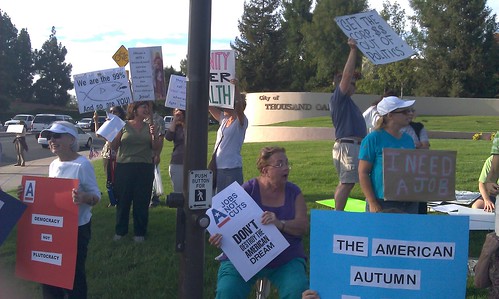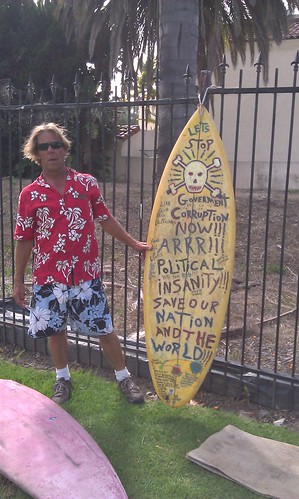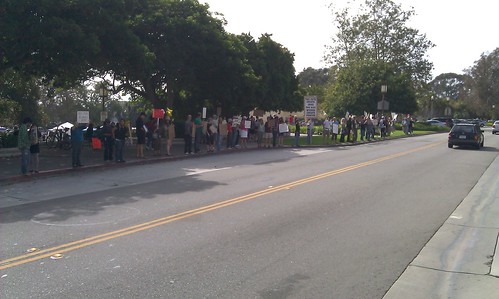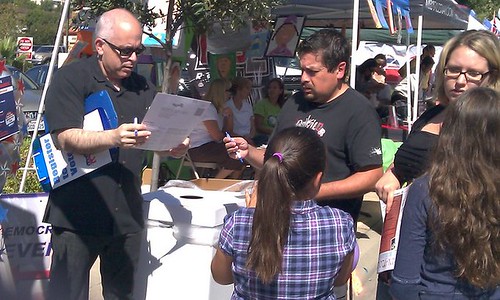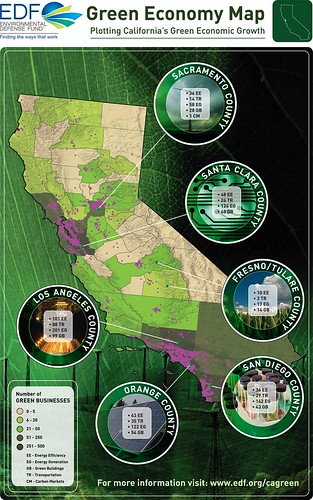by RLMiller
One of the benefits of newly redrawn maps for me is the ability to vote for Fran Pavley, running for state Senate District 27. Recently, former speaker of the Assembly Bob Hertzberg has expressed interest in the race. His stated rationale: he’s a moderate, the district is moderate, he’s a Valley guy.
He might be looking at a different SD27.
The one I’m living in covers some of the West Valley, but also includes east Ventura County, Malibu, and parts of Santa Clarita. Pavley was a mayor and councilmember of Agoura Hills, the geographic heart of the new district. Democrats at an East Ventura County women’s club who heard Pavley speak a couple of weeks ago are quite sure they don’t want to be represented by a Sherman Oaks resident – they moved to Ventura County to get away from the San Fernando Valley.
More important than carpetbagging issues is Hertzberg’s record. Hertzberg is a moderate, pro-business Democrat. Currently, he co-chairs California Forward, a Third Way/raging centrist group thinking that it has a monopoly on common sense. His wife sits on the board of Kaiser Permanente, so presumably he’s less than thrilled with healthcare reform. In 2005, he ran – and lost – for mayor of Los Angeles by espousing traditional GOP themes.
By contrast, Pavley is a champion of progressive values. In 2011, her bills signed by Governor Jerry Brown include laws banning toxic cadmium from jewelry and toxic BPA from children’s sippy cups, promoting energy conservation, and strengthening domestic violence laws. Despite Hertzberg’s being a Valley guy, it’s Pavley – not Hertzberg – who has received the unanimous endorsement of the Democratic Party of the San Fernando Valley, an umbrella organization of 27 Democratic clubs.
Perhaps Pavley’s greatest contribution to the California economy is AB32, the Global Warming Solutions Act of 2006, bringing clean energy jobs to California. The law bothers oil companies so much that they mounted an entirely unsuccessful attack on it in 2010, Proposition 23. Thanks in part to her leadership, California is on target to meet its renewable energy standards early. One in four American solar jobs is in California. As a climate hawk, she’ll keep California on track to lead the fight against global warming.
Pavley was endorsed overwhelmingly, 105-1, by party insiders at pre-endorsement caucuses this weekend. She deserves to be the party’s nominee, and to win in November.


